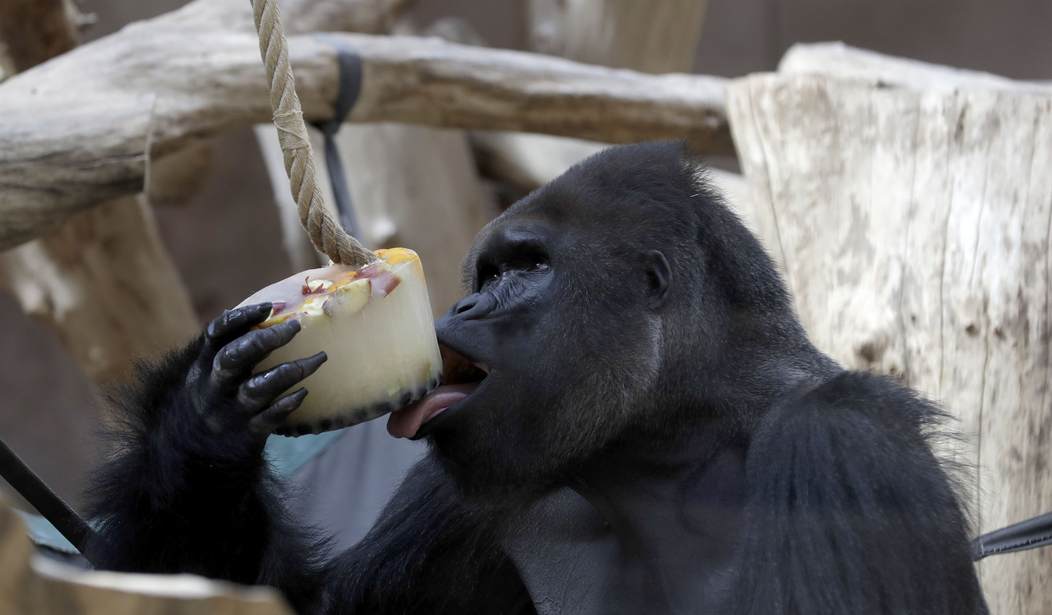Take a look around, and one will notice the universal and natural human propensity to alter consciousness.
Alcohol of various sorts is ubiquitously consumed worldwide. Caffeine consumption is a daily ritual of workers across the globe. Cigarette smoking is also popular.
In Southeast Asia, kratom is traditionally used by field workers to maintain energy throughout the day as they battle brutal heat and scorching sun. Ancient Amazonians took ayahuasca for spiritual enlightenment. Nepalese slurp down “mad honey”, which produces a hallucinogenic high.
Even in countries that punish drug use or possession with the death penalty such as Middle East theocracies or ultra-conscientious Singapore, people still find a way to rearrange their neuronal activity one way or another, state edicts be damned.
It’s not just pharmacological agents. Mediation and semi-religious disciplines with a spiritual element like yoga are also intended to produce beneficial alterations in consciousness.
Is this sort of consciousness-massaging evolutionary? A recent study of gorillas, semi-distant cousins of humans, indicates that it just might be.
Via Neuroscience News:
Great apes deliberately spin themselves in order to make themselves dizzy, academics at the University of Warwick and the University of Birmingham have discovered.
The findings could provide clues about the role of altered mental states in the origins of the human mind…
If this was indeed the case, it would carry huge consequences on how we think about modern human cognition capacities and emotional needs.…
Through analyzing over 40 online videos, the researchers found that on average the primates revolved 5.5 times per episode of spinning, with the average speed 1.5 revolutions per second and the primates did this on average three times.
The team then self-experimented spinning at these speeds and times and found it difficult to achieve the third bout of spins at these speeds, as great apes did. Apes were noticeably dizzy at that point in the videos, and they were likely to lose their balance and fall down.
“This would indicate that the primates deliberately keep spinning, despite starting to feel the effects of dizziness, until they are unable to keep their balance any longer.” explained Dr Marcus Perlman, Lecturer at the Department of English Language and Linguistics of The University of Birmingham who co-led of the research.
Anecdotally, I have known many people (including myself) who have a seemingly innate and insatiable desire for consciousness alteration. Fortunately, I quit drinking some years ago. But if I hadn’t achieved cessation through sheer force of will and left my impulses to guide me, an hour wouldn’t pass upon waking in which I didn’t reach for the bottle.










Join the conversation as a VIP Member